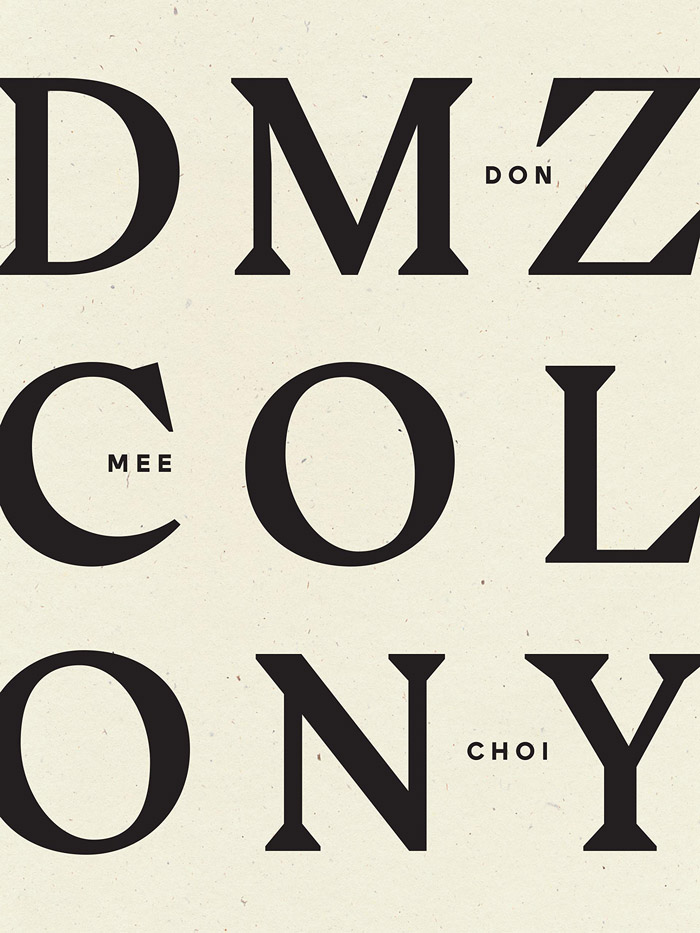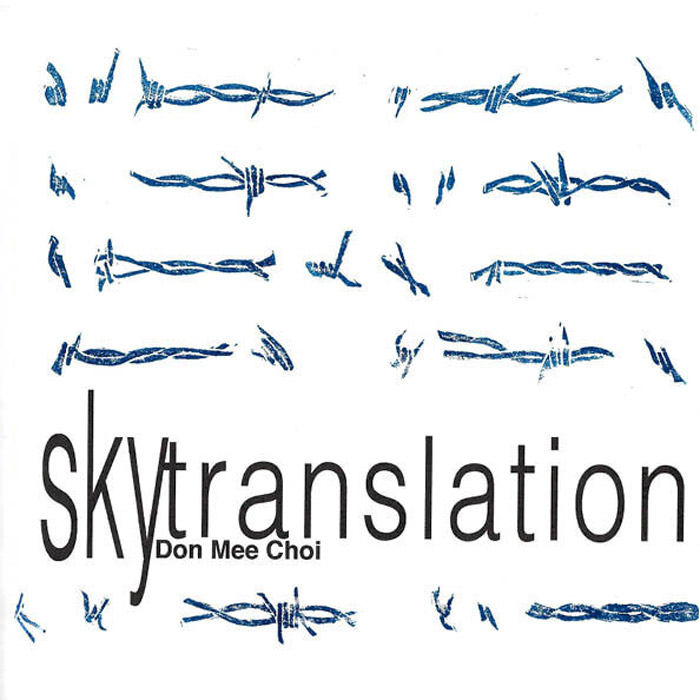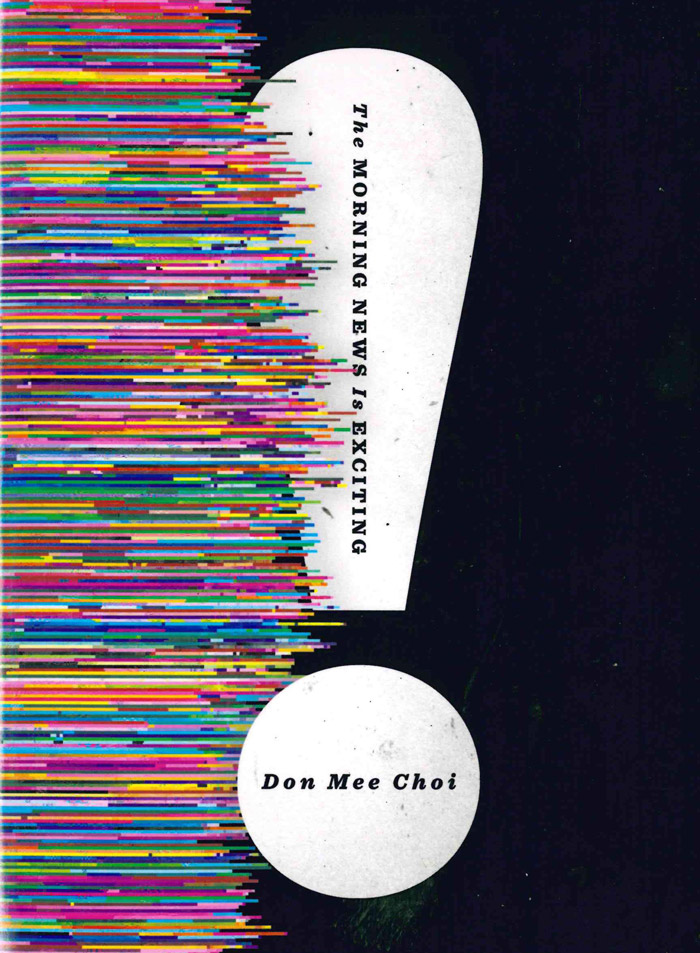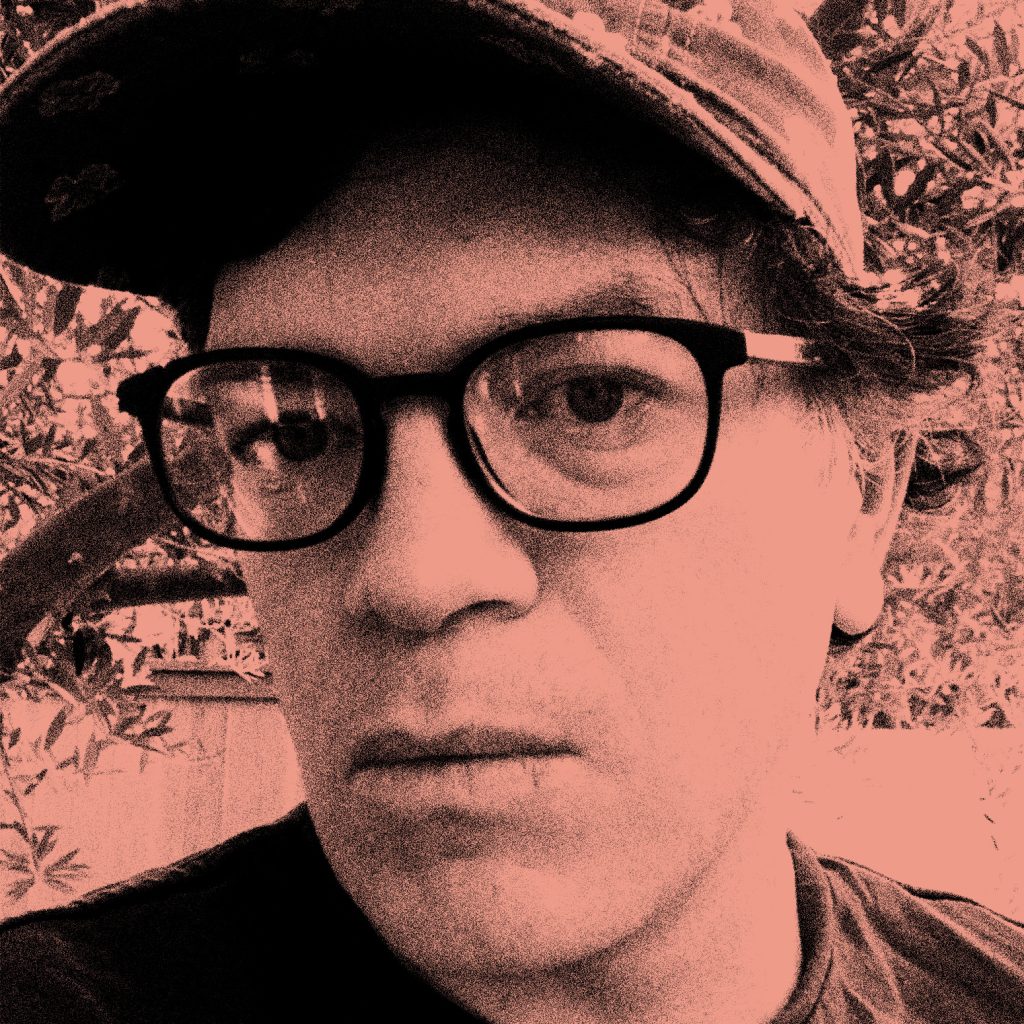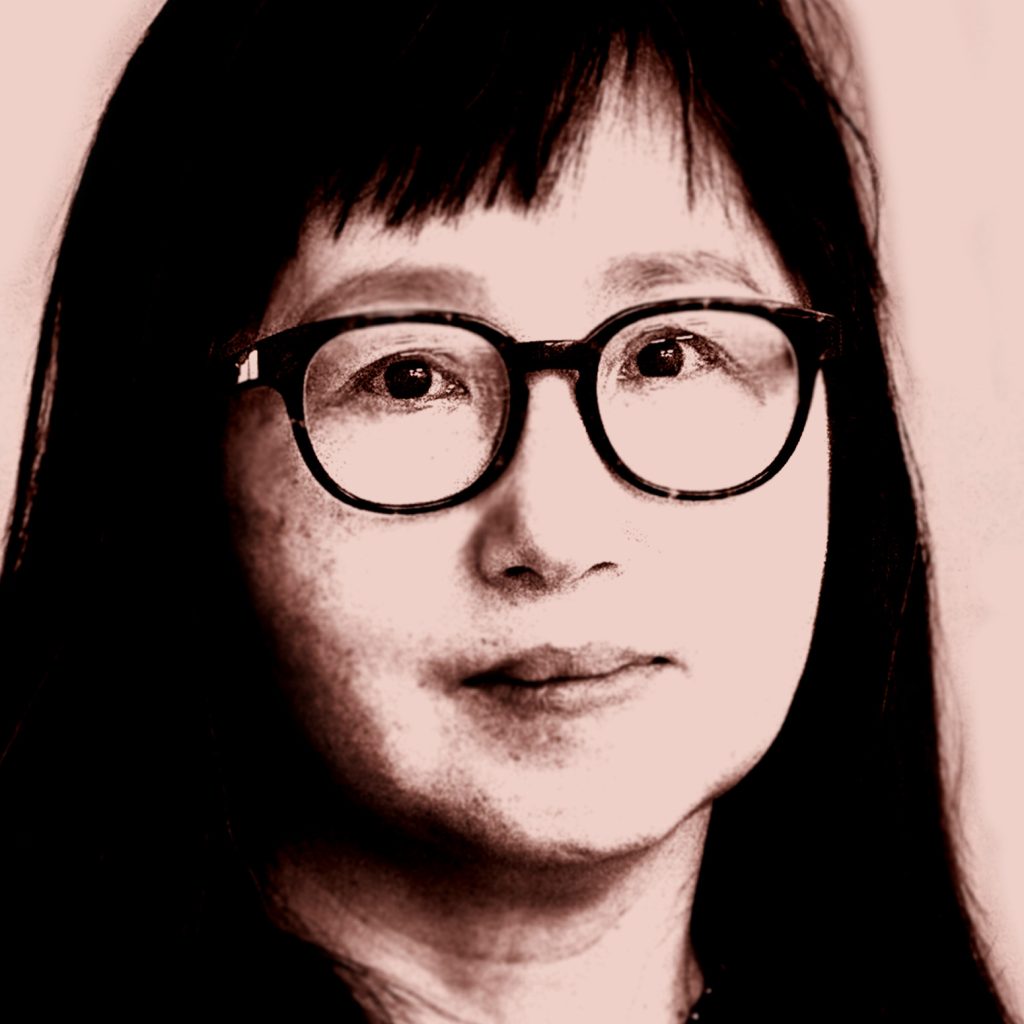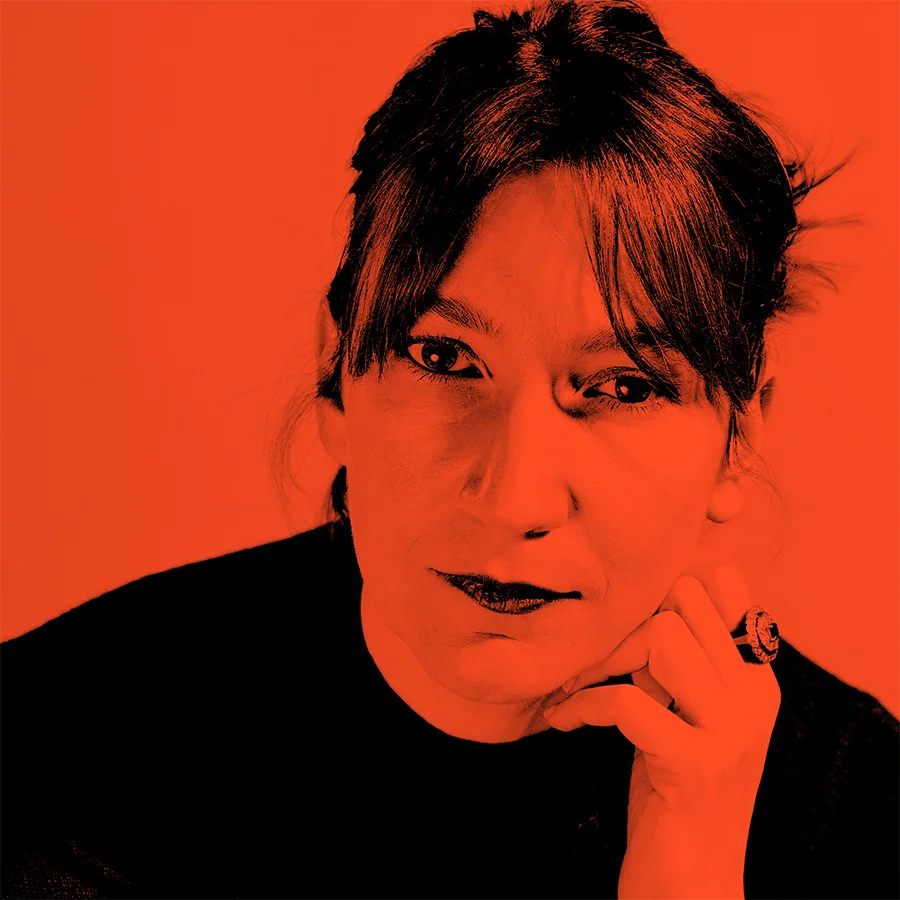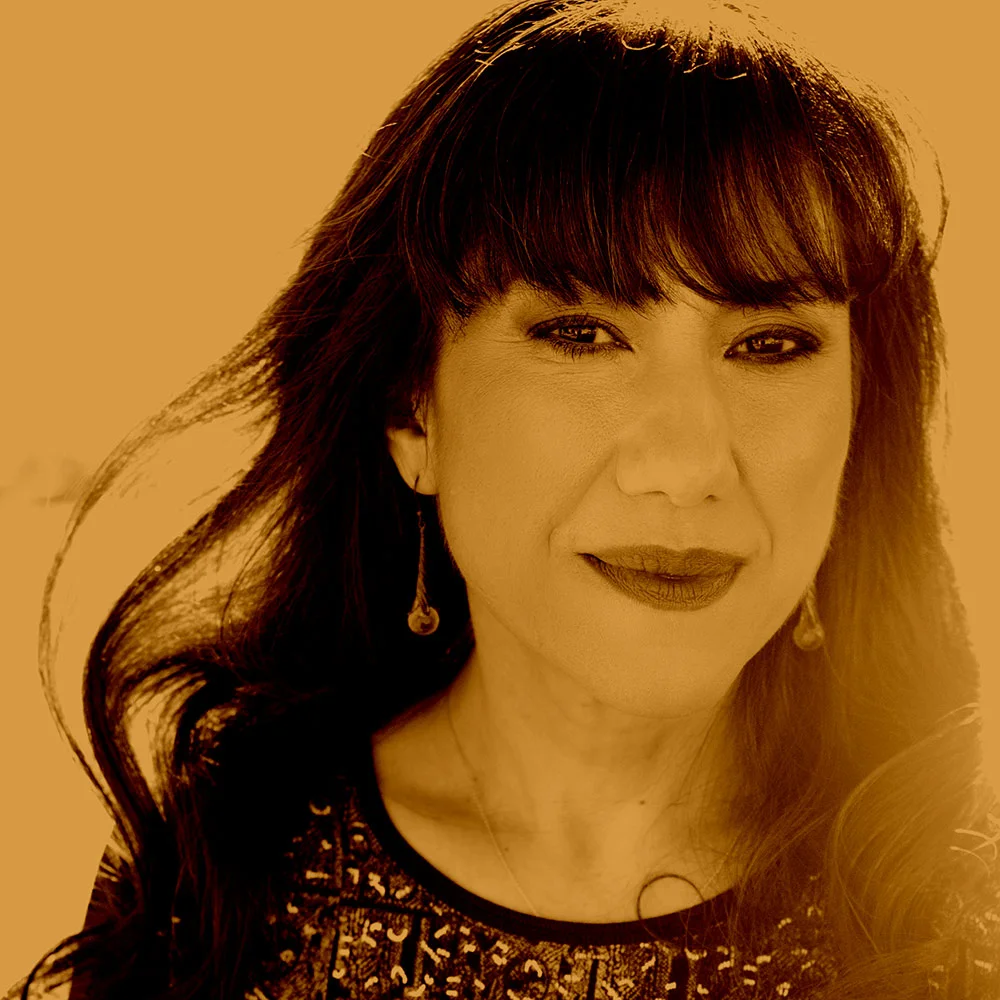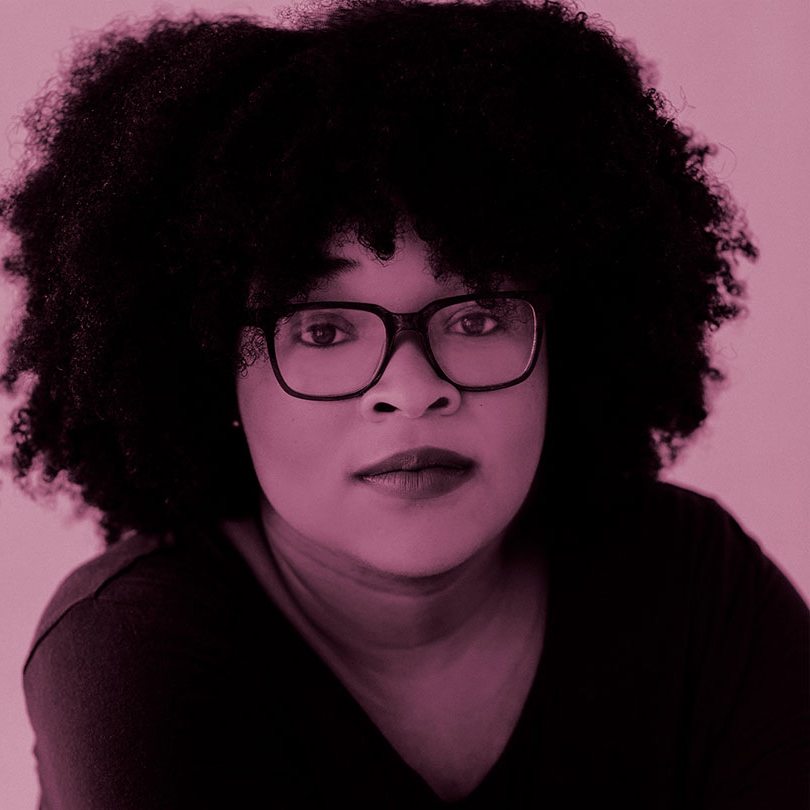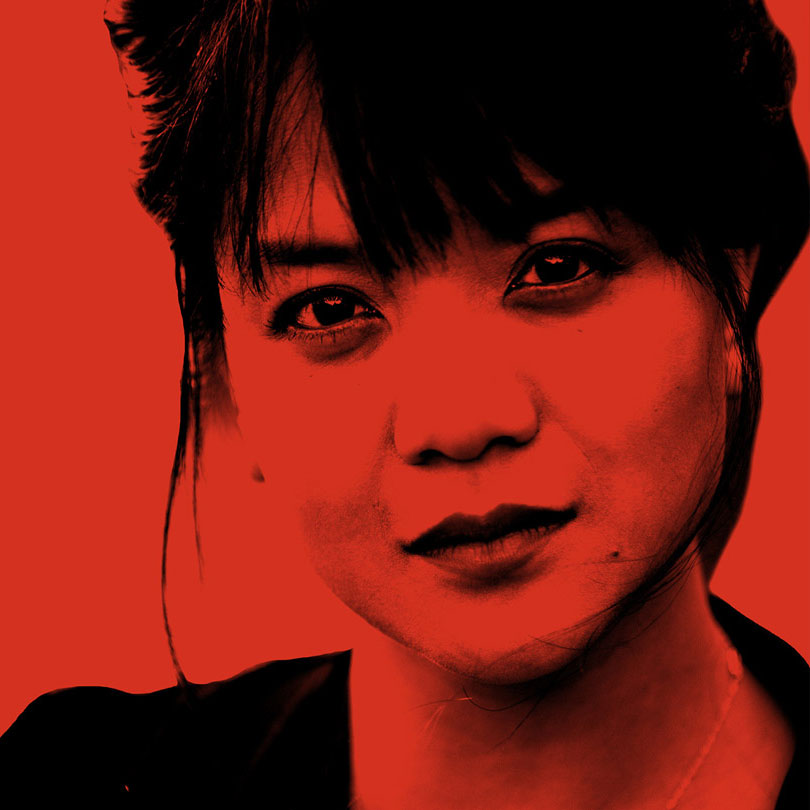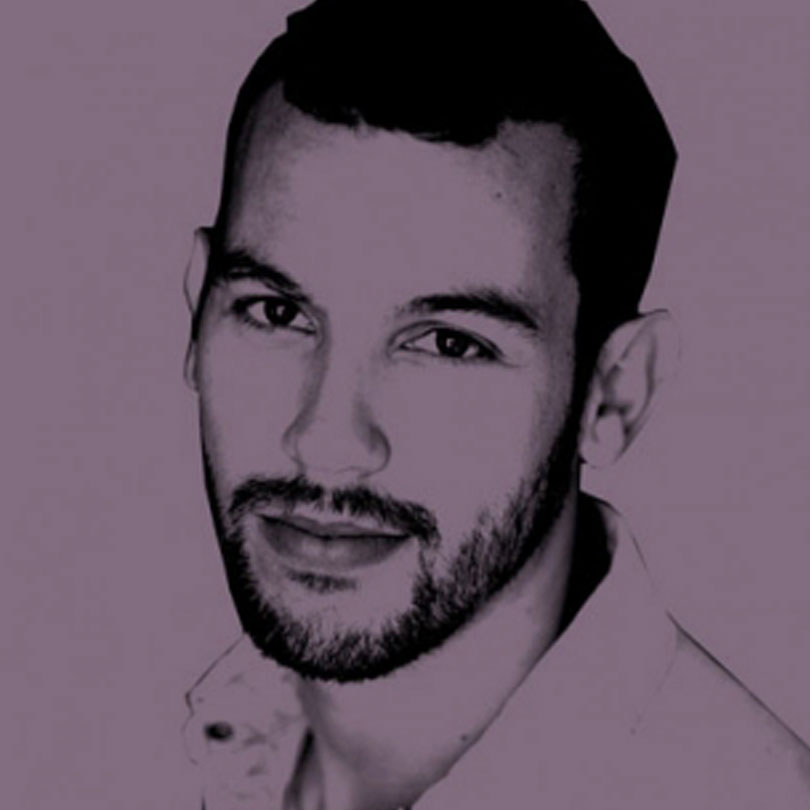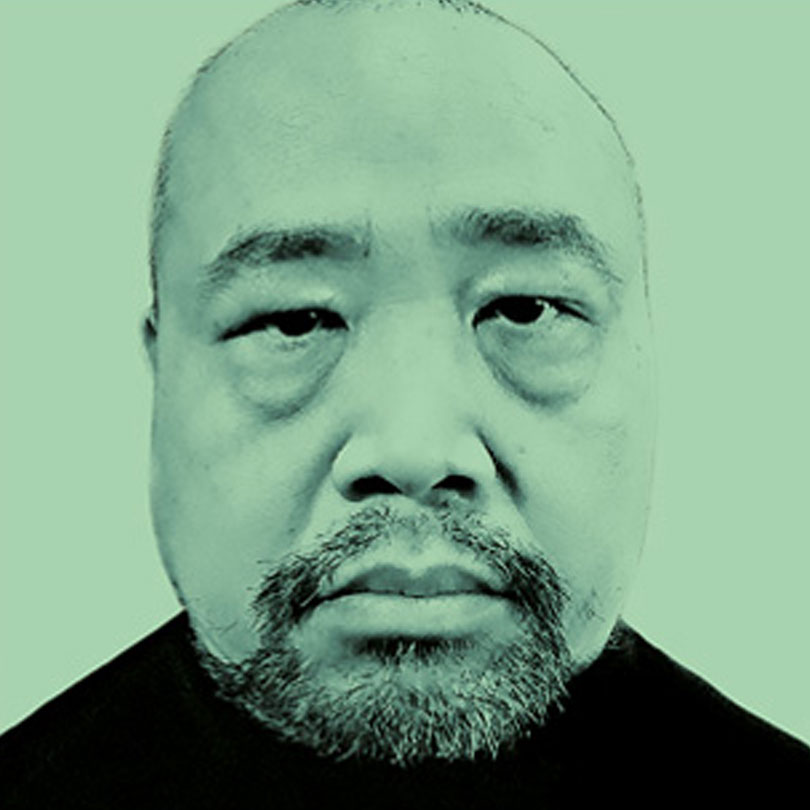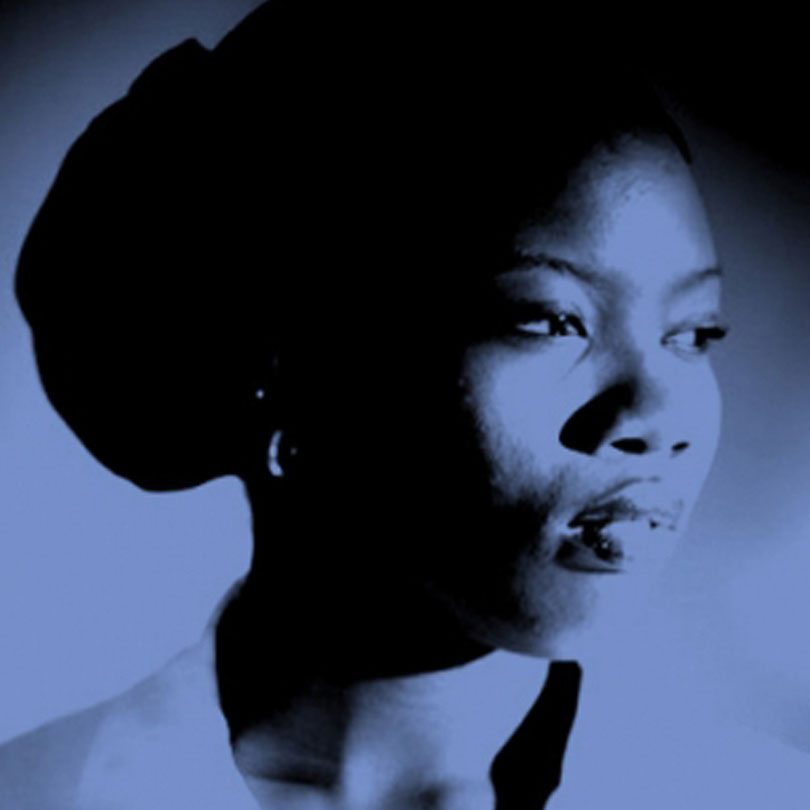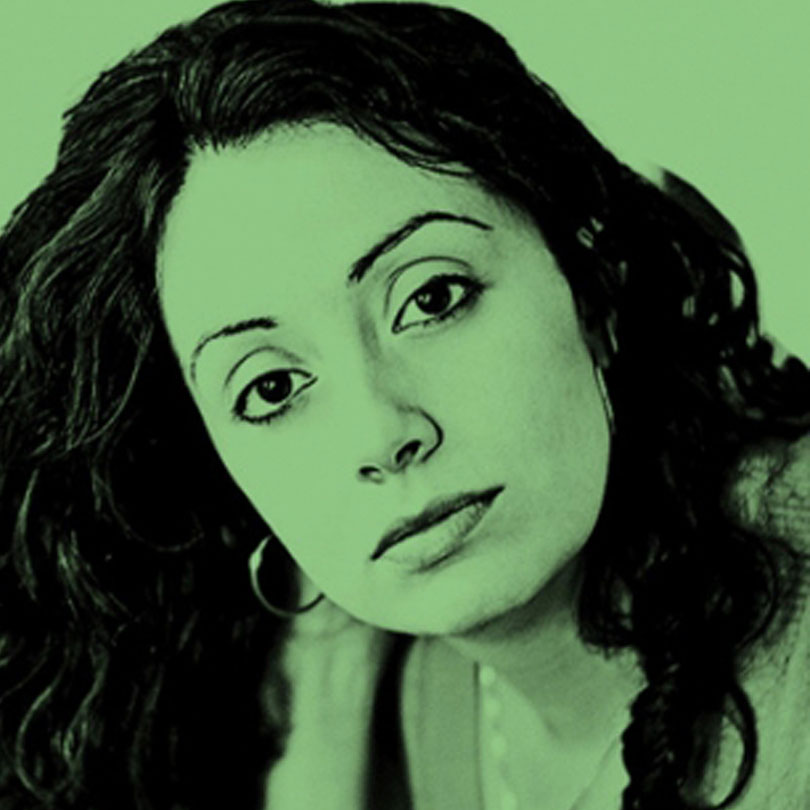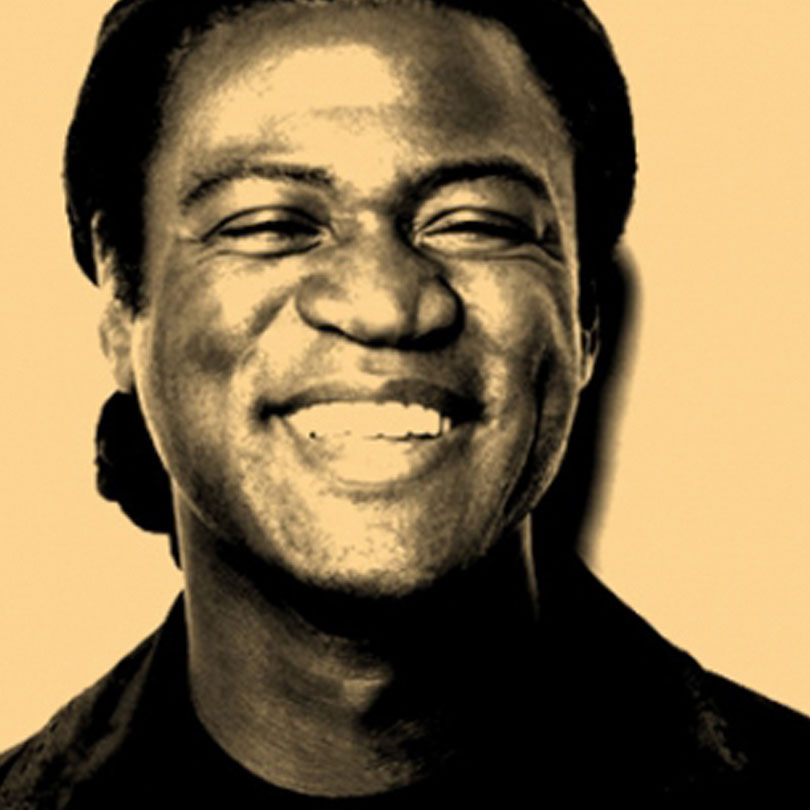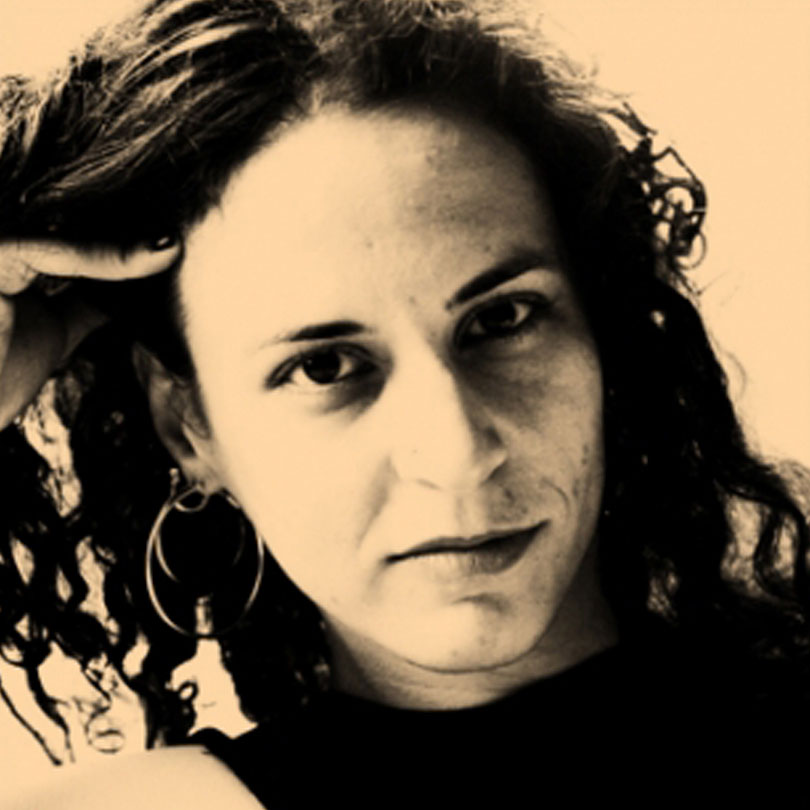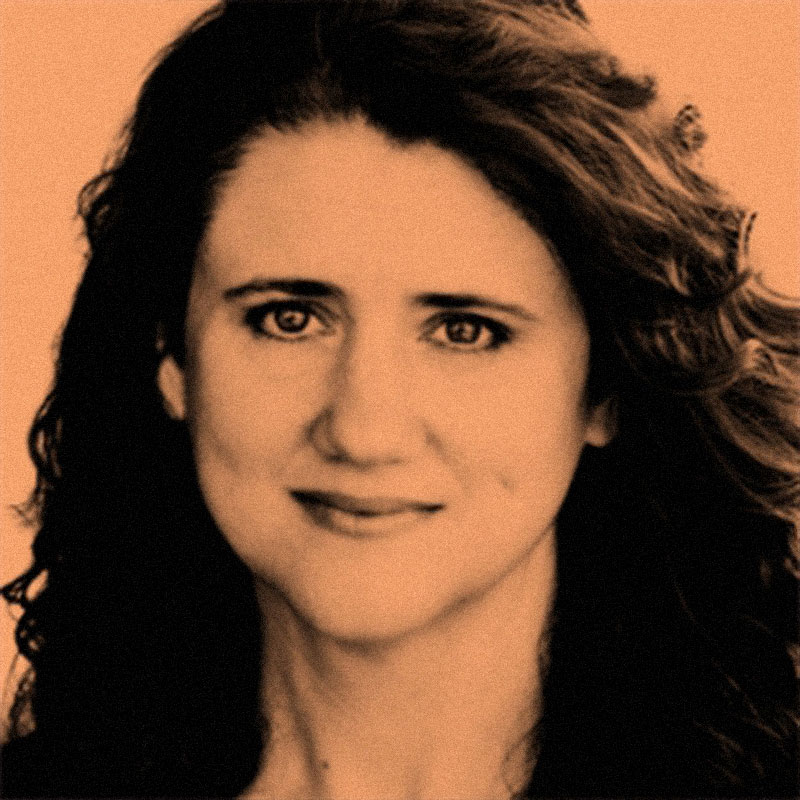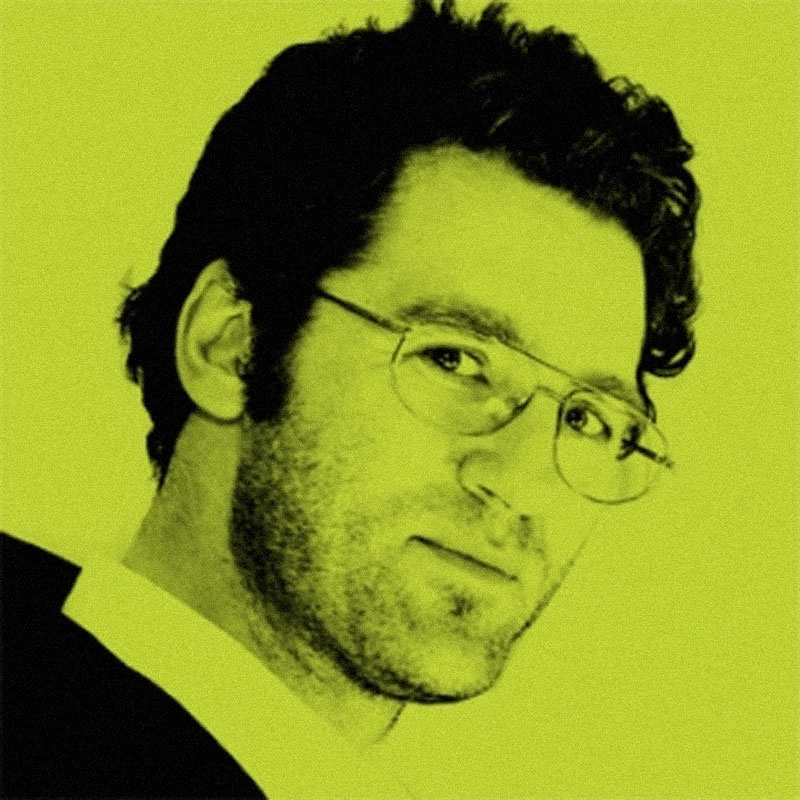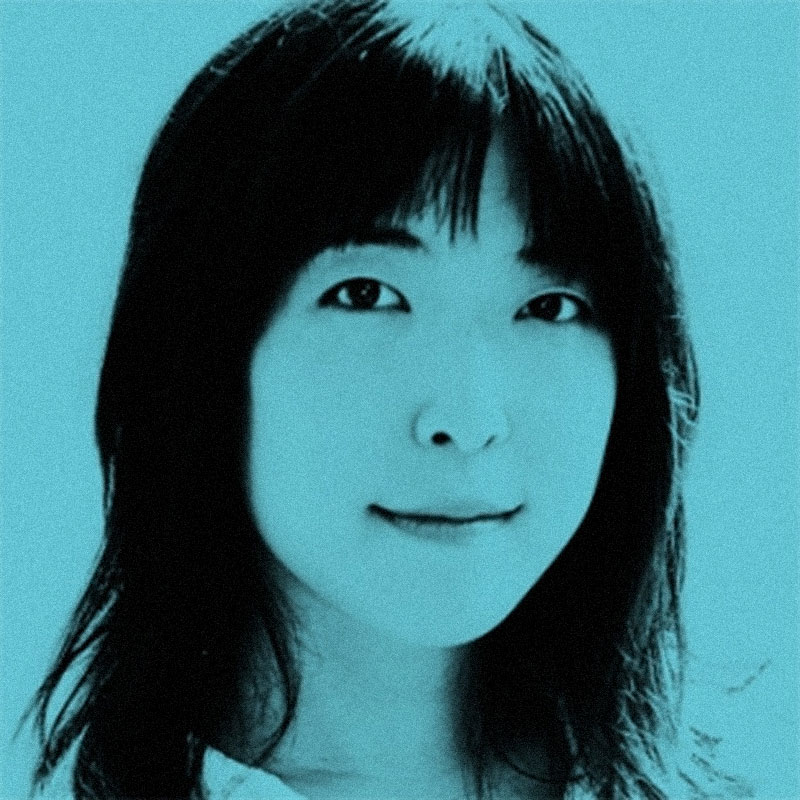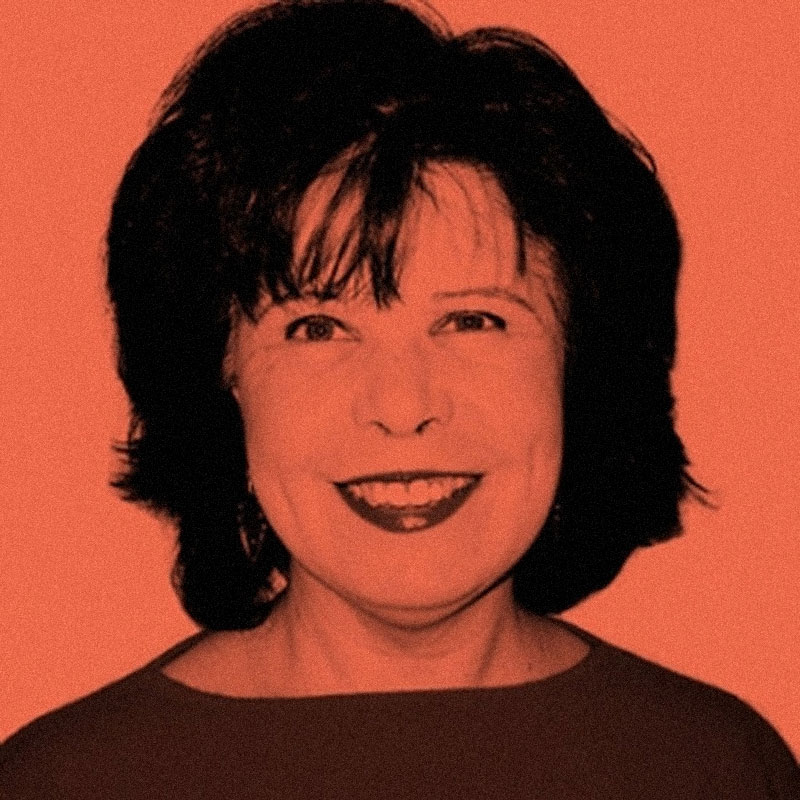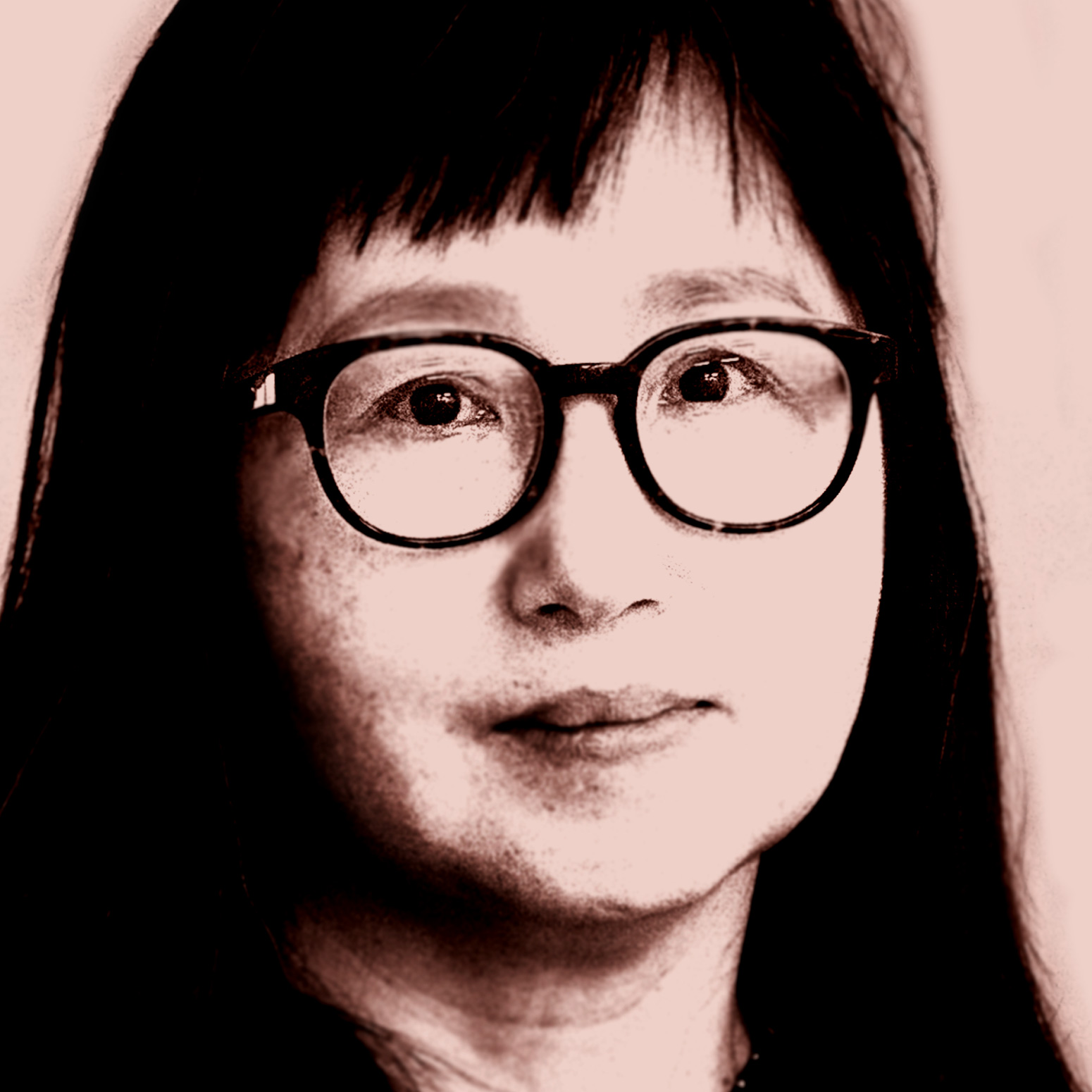
Don Mee Choi
Picador Guest Professor in the winter semester of 2021/22
Don Mee Choi was the Picador Guest of Honor in the summer semester of 2019 and the Picador Guest Professor in the winter semester 2021/22!
Born in Seoul, South Korea, Don Mee Choi is the author of DMZ Colony (Wave Books, 2020), which won the 2020 National Book Award. It was also the finalist for the 2021 T.S. Eliot Four Quartets Prize. Her other books include Hardly War (Wave Books, 2016), The Morning News Is Exciting (Action Books, 2010), and several pamphlets of poems and essays. She has received the 2021 MacArthur Fellowship, the 2021 Guggenheim Fellowship for Poetry, 2019 International Griffin Poetry Prize for her translation of Kim Hyesoon’s Autobiography of Death (New Directions, 2018), 2019 DAAD Artists-in-Berlin Fellowship, 2016 Lannan Literary Fellowship, 2012 & 2019 Lucien Stryk Translation Prize, and 2011 Whiting Award for Poetry. Choi’s poetry incorporates photos by her father, a war photographer, and other visual and archival materials in order to explore the overlapping histories of Korea and the US. More of Choi’s books, translations, and interdisciplinary arts projects can be seen on her website.
At American Studies at University Leipzig, she taught two classes in the winter term of 2021/22.
Find out more about Don Mee Choi’s book DMZ Colony here: https://www.wavepoetry.com/products/dmz-colony
Find out more about Hardly War here: https://www.wavepoetry.com/products/hardly-war
Don Mee Choi in conversation with Uljana Wolf and Sung Un Gang
Born in South Korea, Don Mee Choi incorporates in her poetry photos by her father, a war photographer, and other visual and archival materials in order to explore the overlapping histories of Korea and the US. She is a renowned translator of Korean poetry and has taken over the Picador Guest Professorship for Literature at the University of Leipzig in the winter semester of 2021/22.
Don Mee Choi talked about being a Picador Guest Professor in Leipzig, her book »DMZ Colony« (Wave Books, 2020) and the art of translating lyrics with poet and translator Uljana Wolf and host Sung Un Gang.
Uljana Wolf teaches seminars on poetry and translation at Deutsches Literaturinstitut Leipzig, Institut für Sprachkunst, and Pratt Institute in Brooklyn and is currently working on a translation of Choi’s poetry collection »DMZ Colony«. Most recently, Uljana Wolf published the essay collection »Etymologischer Gossip« (Kookbooks Verlag, 2020) on poetry, translation, and multilingualism.
The evening was moderated by Sung Un Gang, research associate in the Department of Korean Studies at the University of Bonn and host of the podcast »Bin ich süßsauer?« that features interviews with queer Asians in Germany.
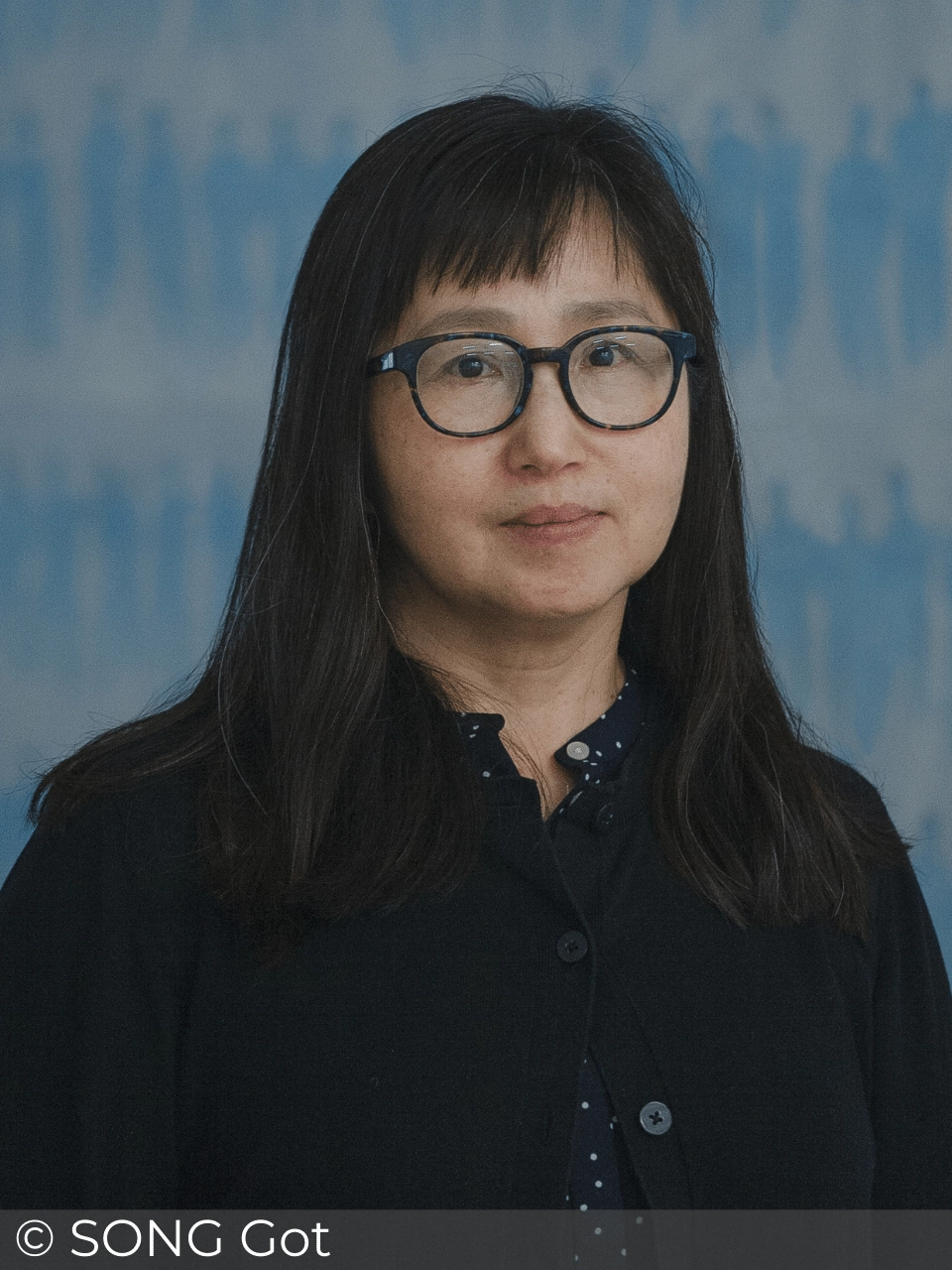
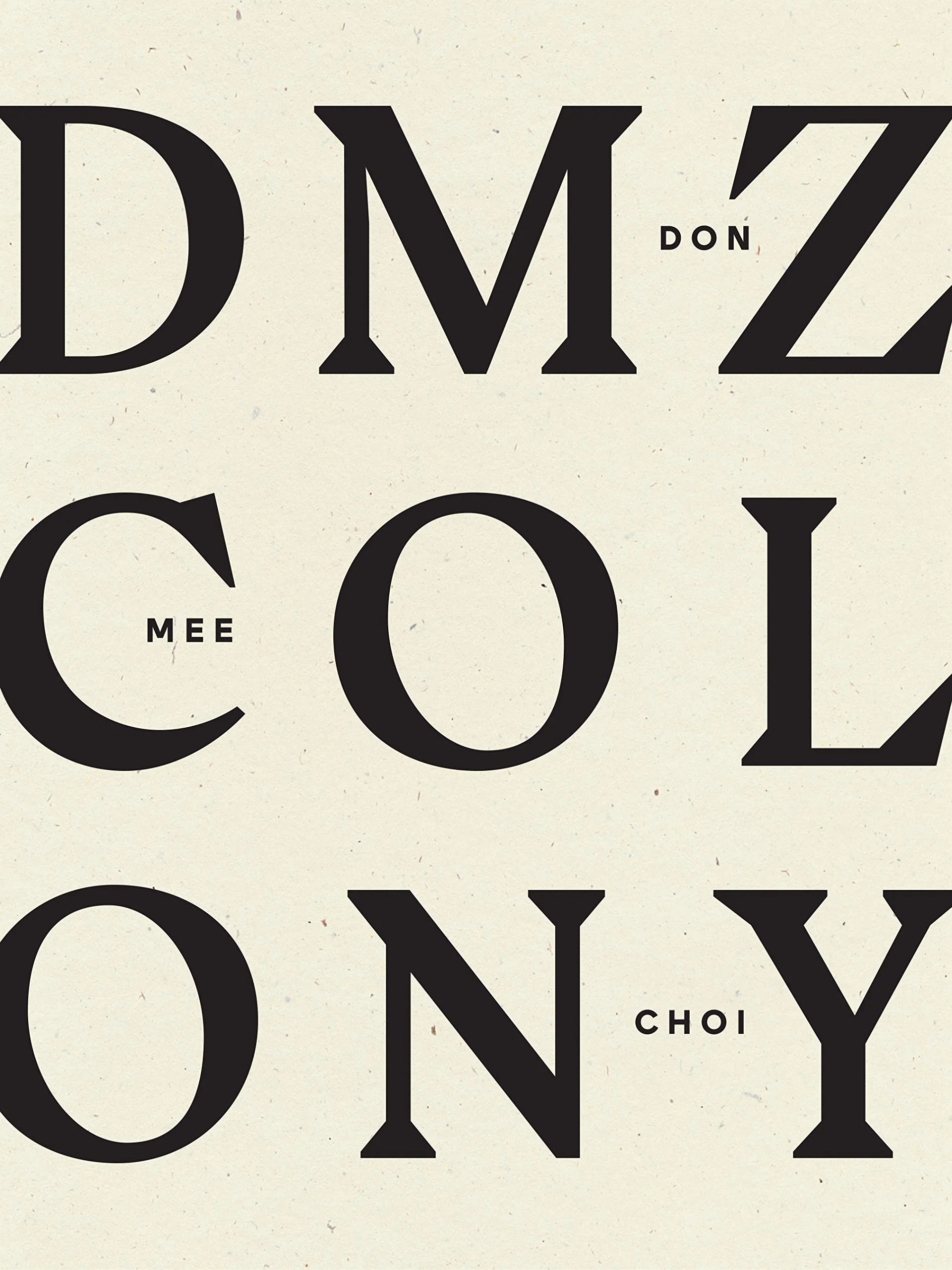
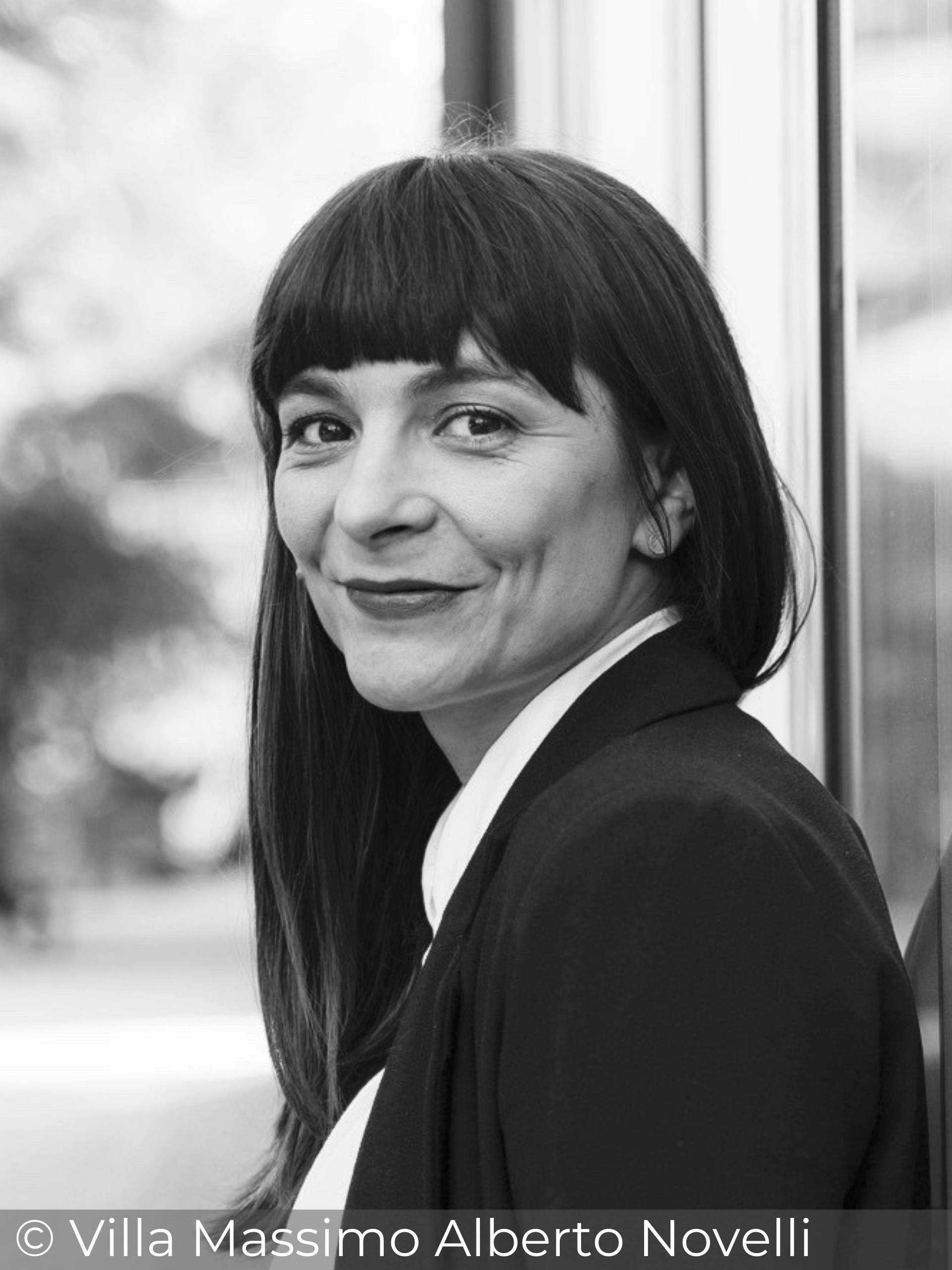
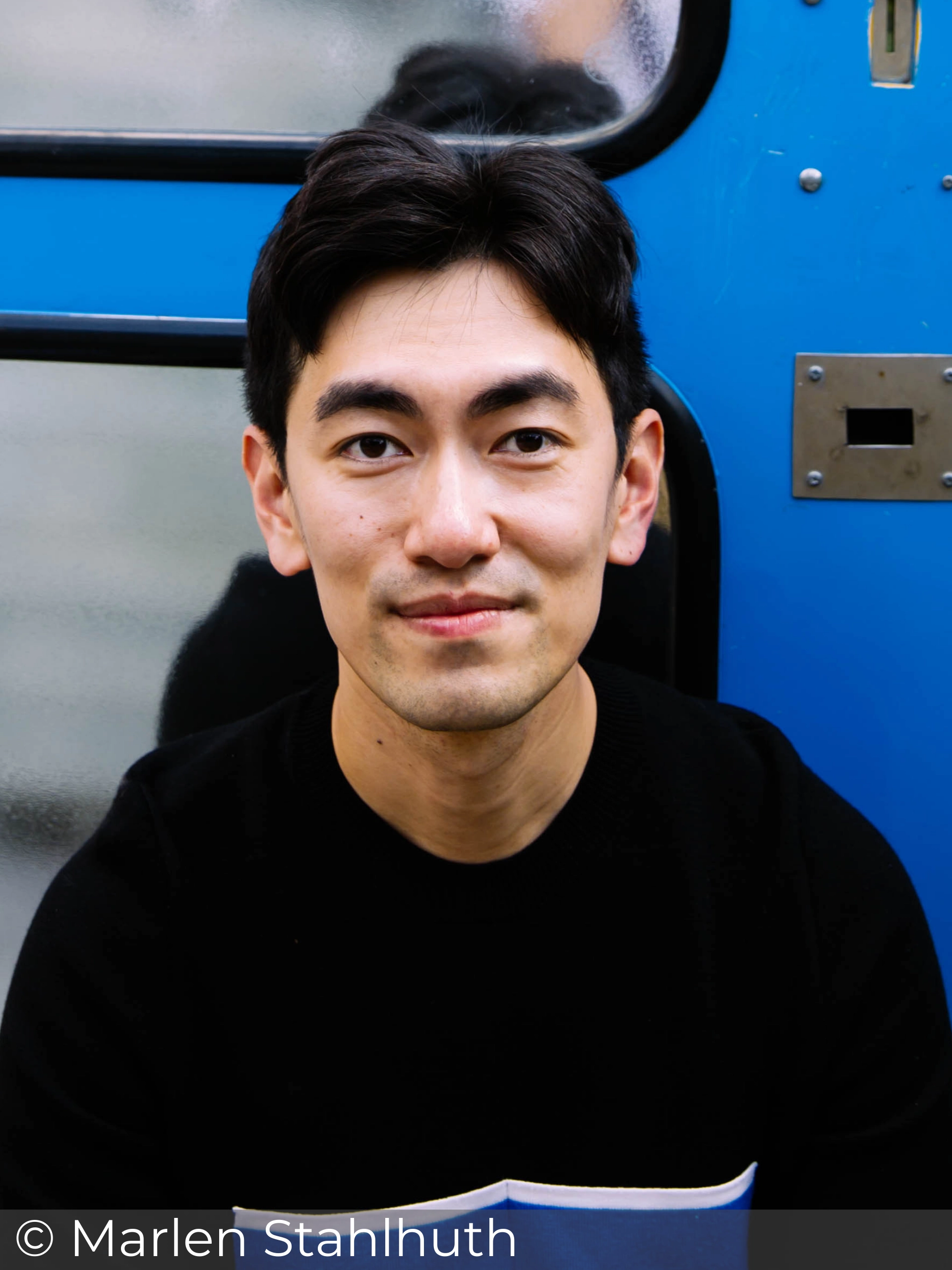
Don Mee Choi in conversation with Sung Un Gang
Don Mee Choi was born in Seoul, South Korea, and is the author of “Hardly War” and “DMZ Colony”. The latter won the National Book Award in 2020. She has published three books, several pamphlets of poems and essays and translated volumes of poetry by Kim Hyesoon and Yi Sang, among others. Choi has received the 2021 MacArthur Fellowship, the 2021 Guggenheim Fellowship for Poetry, 2019 International Griffin Poetry Prize for her translation of Kim Hyesoon’s Autobiography of Death (New Directions, 2018), 2019 DAAD Artists-in-Berlin Fellowship and many more. As the current Picador Guest Professor she is teaching American Studies at the University Leipzig.
The moderator and partner on stage for the event is Sung Un Gang, a research associate at the University of Bonn and a Ph. D. candidate at the University of Cologne in the field of Theater and Media Cultures . Sung Un is also hosting a poadcast, called “Bin ich süßsauer?”, about and with queer Asians. Find out more about it here.


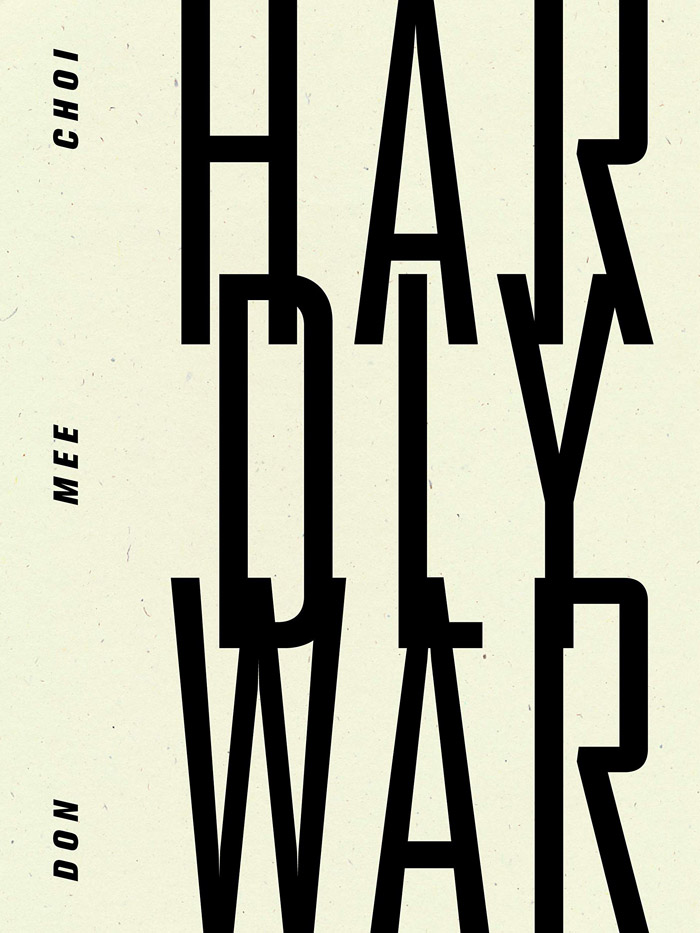

On December 1, Don Mee Choi read from her books “Hardly War” and “DMZ Colony” and talked with Sung Un Gang at our event “War, Resistance, Poetry”.
Conversation in English. Watch the Video on YouTube.
As part of #PicadorMessages, Don Mee Choi sent us the moving text “Berlin – Seattle”, which she wrote after the Black Lives Matter March in Seattle-King County on June 12, 2020:
Berlin – Seattle
#PicadorMessage
Thoughts and impressions of Picador Guest of Honor 2019 Don Mee Choi:
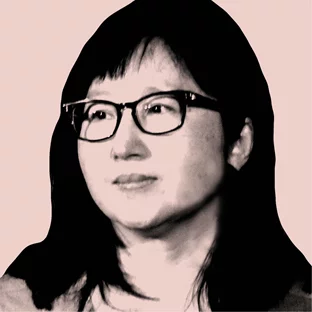
*
On May 30, 2020, I watched on TV a large peaceful Black Lives Matter march proceeding through downtown Seattle. Then in late afternoon, the protest intensified, and a city-wide curfew was enforced in Seattle. The curfew continued on for several nights before it was finally discontinued. But every time I received an alert about the curfew on my phone, I was immediately transported back to my childhood in South Korea. I grew up with a midnight curfew, so I didn’t really know what a curfew was until my family escaped from the US-backed dictatorship.
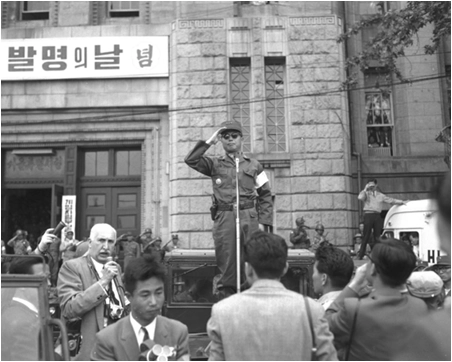
“But the biggest darkness of all was the midnight curfew. I didn’t know the curfew was a curfew till my family escaped from it in 1972 and landed in Hong Kong. That’s how big the darkness was.” —from DMZ Colony (Wave Books, 2020)
*
Last Friday, June 12, 2020, my husband and I wore masks and gloves and joined the silent march/general strike organized by Black Lives Matter Seattle-King County. It is estimated that about 60,000 people showed for the march. From Judkins Park to Jefferson Park, from one hill to another, I could see one long, continuous stream of marchers. I spotted this poignant signpost at the march.
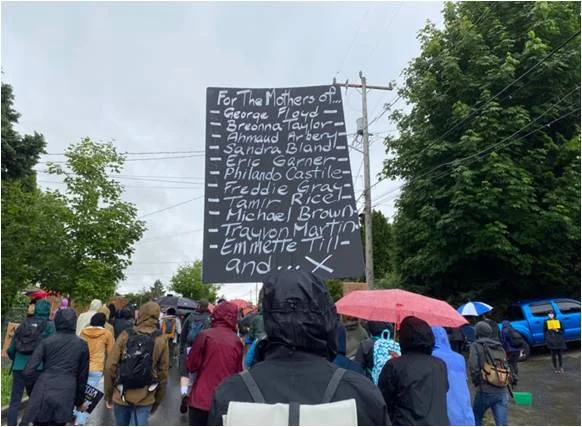
*
Earlier in March, while I was still a fellow of Berliner Künstler Programm des DAAD, I often walked from Potsdamer Platz to daadgalerie in Kreuzberg and would stop for a few minutes to look at the commemorative plaque of W.E.B. Du Bois on Oranienstrasse. There is a small leaf stuck on top right of the plaque. I read it as a sign, as a small wing. (In Berlin, I started working a new manuscript called “Wings of Utopia.”) As soon as I returned to Seattle, I had to observe a two-week long self-quarantine, so I had plenty of time to read as well as clean and disinfect my place. I decided to read Du Bois’s The Souls of Black Folk, so I could pretend that I was still in Berlin.
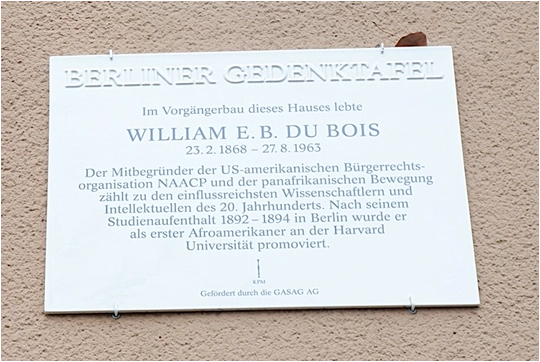
“It is a peculiar sensation, this double-consciousness, this sense of always looking at one’s self through the eyes of others, of measuring one’s soul by the tape of a world that looks on in amused contempt and pity.” —The Souls of Black Folk (1903)
I have been reflecting on how the social, political, historical contexts from which his notion of “double-consciousness” arises still persist. Black lives are still measured “by the tape of a world that looks on in amused contempt and pity.” The great poet and anti-colonial theorist Aime Cesaire’s anti-colonial equation is still relevant in terms of global racism:
“colonialism = ‘thingification.’” —Discourse on Colonialism (1955)
As a daughter of a neocolony, I have experienced first-hand the US global military domination. US imperialism means intensification of poverty, dehumanization of Black lives and other racialized lives at home and abroad, profit over health, oil over climate crisis, endless wars over social welfare, borders over asylum, Wall Street over Main Street, “thingification” and “thingification,” over and over.
*



